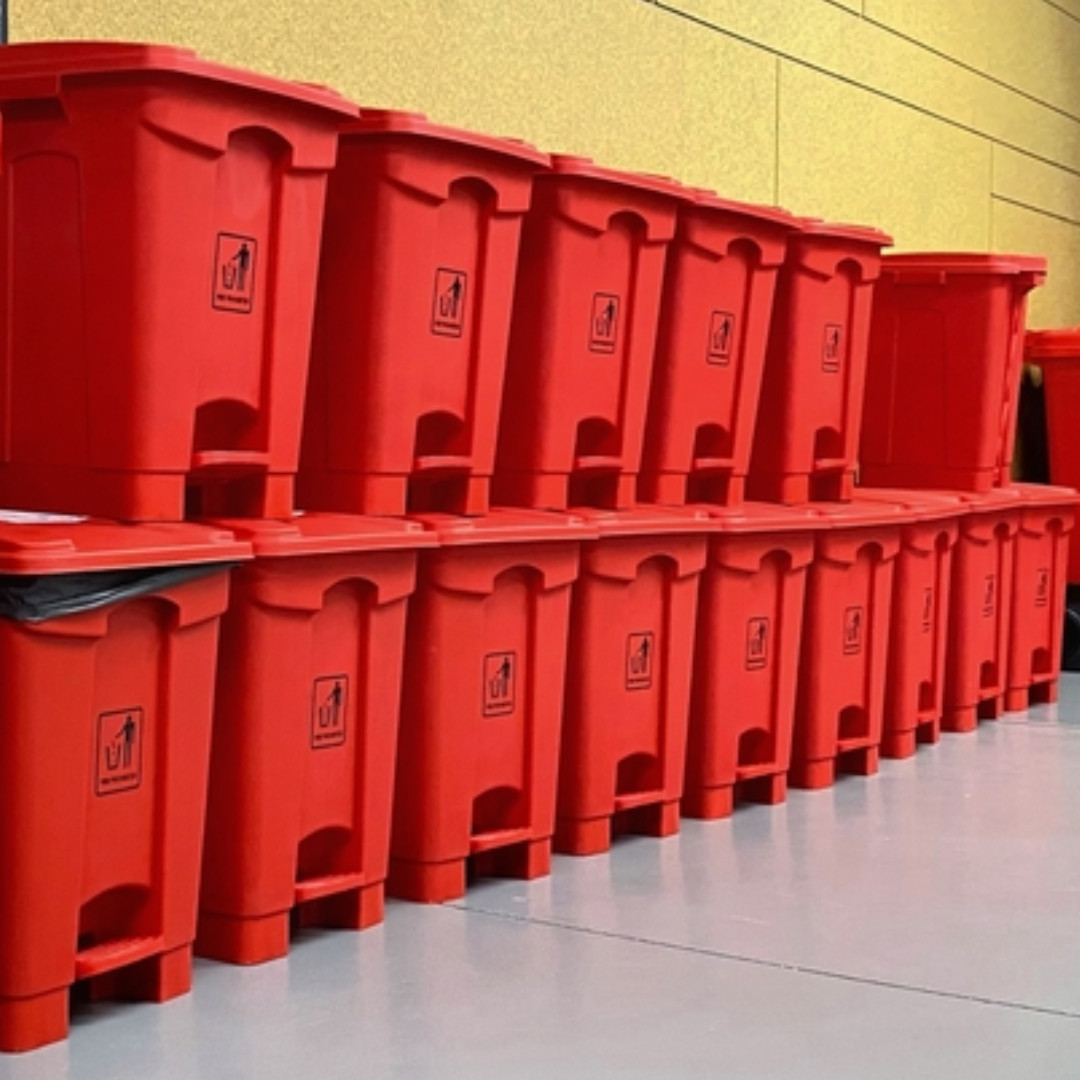The COVID-19 pandemic represents a truly unprecedented and challenging time for millions of us across the country.
Yet I’m so inspired by the leadership, dedication, and—perhaps most important—resilience of our nursing colleagues on the frontlines treating and caring for patients day after day.
I’ve been thinking a lot about resilience, what it means, and why it’s more important than ever for nurses.
Here are five of my recent resilience-related thoughts:
Endurance vs. resilience: The difference matters. Endurance is the ability to withstand hardship or adversity over an extended period of time, while resilience is the ability to adjust to, recover, or grow from it. In other words, while we are in the midst of the intensity of this pandemic, it is ok to simply to endure. We do not need to be our very best selves. We do not need to go to work and deliver superhuman nursing care, masterfully homeschool our children, and also feel pressure to take up Pilates, learn a new language, or bake sourdough bread. We need to withstand the situation, which likely means backing off a bit and lowering our expectations.
Resilience includes relaxation and recovery. Endless endurance leads to collapse. When we are working this hard, resilience means coupling the intensity of our work with periods of relaxation and recovery. Make time for activities that allow you to disengage from the intensity and rejuvenate your mind and body. Sufficient sleep, healthy eating, regular exercise, connecting with people who nurture us, and moments of quiet all help balance out the stress of our work. We don’t need to compound external challenges with the onus of being perfect or productive. We should simply nurture ourselves as best we can.
It’s possible to experience many strong emotions—and still be resilient. A challenge is inherently difficult. That’s why you may be feeling overwhelmed, worried, hopeful, anxious, inspired, and overwhelmed again—all in the same day. Recognizing, accepting, and letting yourself experience emotions is part of being resilient. Talking and writing about your experiences helps to process them.
Remember: We all are resilient. We didn’t become nurses without encountering challenges along the way. We have resources—both within ourselves and around us—that we have relied on in the past and can rely on again now.
Amidst adversity, there is always opportunity to learn and grow. Resilient comes from the Latin word “resilire,” meaning “to jump back or recoil.” But we don’t simply want to return to “before,” which included more than one-third of nurses suffering from burnout and 15-20 percent reporting symptoms of PTSD. We want to do better. I hope that in all of this we learn how to take better care of ourselves and our colleagues. We have difficult and important work to do, and the world needs us more than ever.
We hope you’ll take advantage of our resiliency-related resources offered through The Well-being Initiative and the Healthy Nurse Healthy Nation Grand Challenge. Resilience you develop during the current crisis will better prepare you for any challenges to come.











